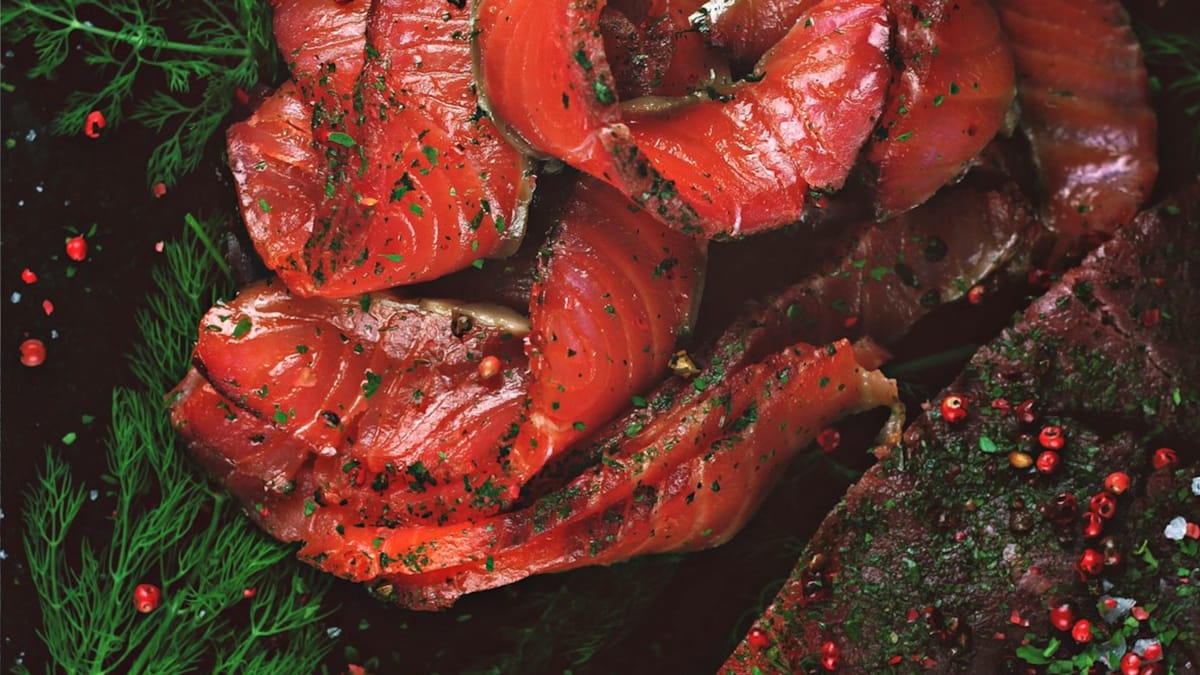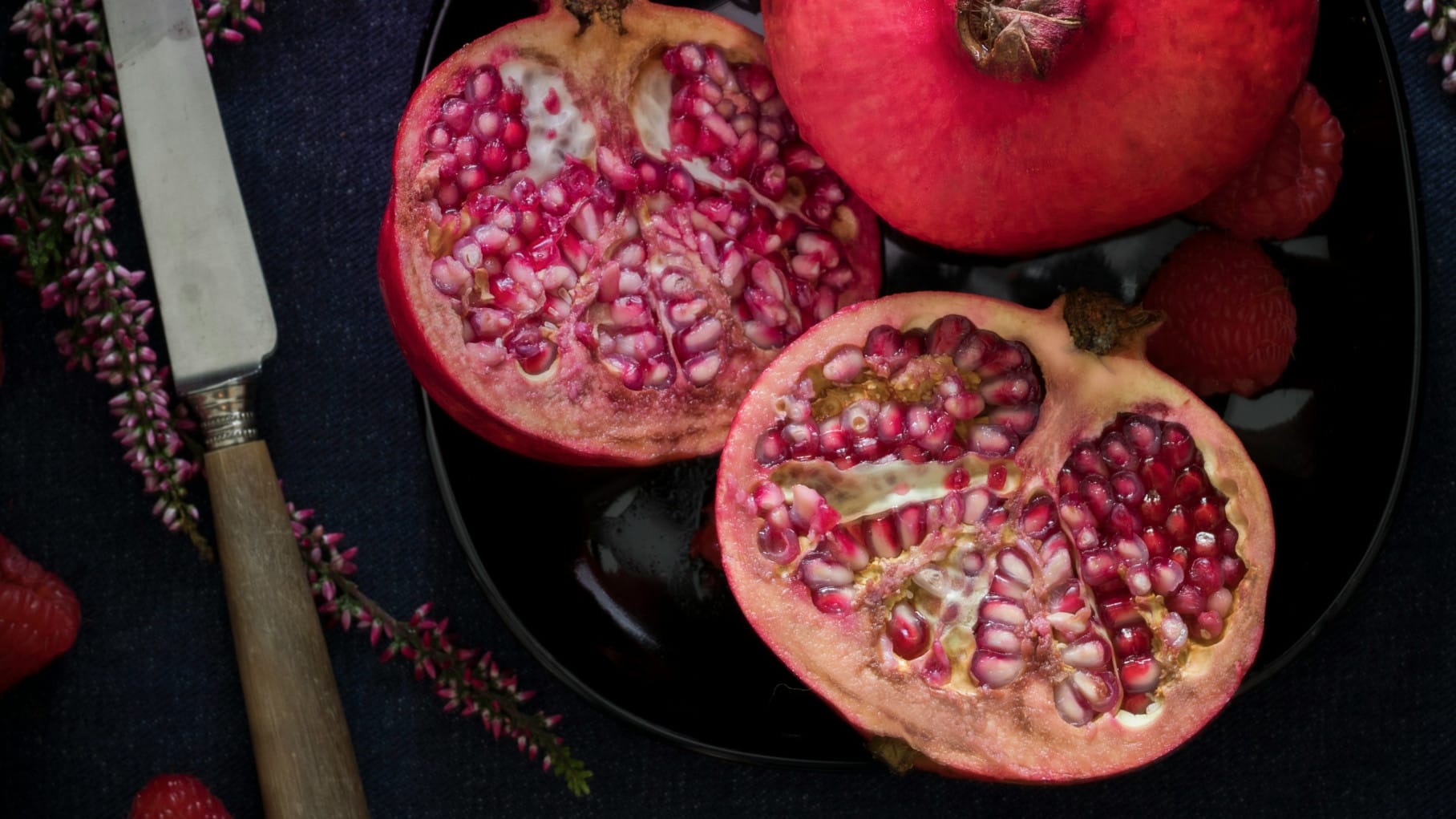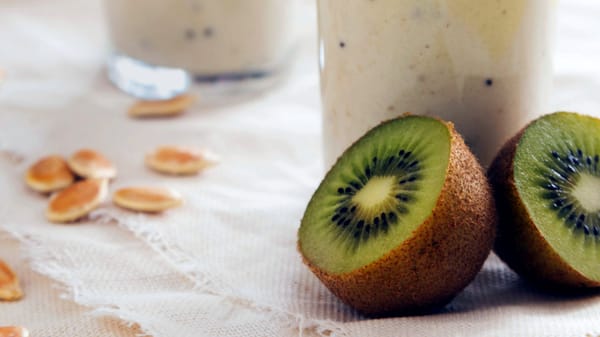Unlock Fitness with Keto and Antioxidants

Achieving optimal fitness is a multifaceted journey that encompasses a balanced diet, regular exercise, and a healthy lifestyle. Two key components of this journey are the keto diet and antioxidants, which have been shown to have numerous benefits for overall health and wellbeing. In this article, we'll delve into the world of keto and antioxidants, exploring their key aspects and providing actionable insights to enhance your fitness journey.


Keto Diet Essentials
The keto diet has gained significant popularity in recent years, and for good reason. This low-carb, high-fat diet has been shown to promote weight loss, improve blood sugar control, and even enhance athletic performance. But what exactly is the keto diet, and how can you make it work for you?
At its core, the keto diet is a metabolic state in which your body burns fat for fuel instead of carbohydrates. This is achieved by drastically reducing your intake of carbs and replacing them with healthy fats.
The typical keto diet consists of 70-80% fat, 15-20% protein, and 5-10% carbohydrates.
To get started with the keto diet, it's essential to understand the different types of ketogenic diets. There are several variations, including:
- Standard Ketogenic Diet (SKD): This is the most common type of keto diet, which consists of a moderate protein intake and high fat consumption.
- High-Protein Ketogenic Diet (HPKD): This type of keto diet is ideal for athletes or those who require a higher protein intake.
- Cyclical Ketogenic Diet (CKD): This diet involves alternating between a standard keto diet and a high-carb diet.
- Targeted Ketogenic Diet (TKD): This diet allows for a higher carb intake around workouts.

Now that you know the basics of the keto diet, let's talk about what foods you should be eating. Here are some keto-friendly foods to include in your diet:
- Fatty fish: Fatty fish like salmon, tuna, and mackerel are rich in healthy fats and protein.
- Grass-fed beef: Grass-fed beef is a great source of protein and healthy fats.
- Eggs: Eggs are an excellent source of protein and can be cooked in a variety of ways.
- Full-fat dairy: Full-fat dairy products like cheese, butter, and cream are rich in healthy fats.
- Low-carb vegetables: Vegetables like broccoli, cauliflower, and leafy greens are low in carbs and rich in nutrients.
In addition to these foods, it's essential to stay hydrated on the keto diet. Aim to drink at least 8-10 glasses of water per day, and consider increasing your salt intake to help your body retain water.


Now, let's put these principles into practice with a delicious keto recipe. Here's a simple recipe for keto cream cheese pancakes:
Ingredients:
- 1 cup almond flour
- 1/2 cup granulated sweetener (such as Swerve or Erythritol)
- 2 large eggs
- 1/2 cup full-fat cream cheese
- 1/4 cup melted coconut oil
- 1 teaspoon vanilla extract
- Pinch of salt
Instructions:
- In a large bowl, combine the almond flour, sweetener, and eggs.
- In a separate bowl, mix the cream cheese, melted coconut oil, and vanilla extract.
- Add the wet ingredients to the dry ingredients and mix until a smooth batter forms.
- Heat a non-stick skillet or griddle over medium heat.
- Drop the batter by 1/4 cupfuls onto the skillet or griddle.
- Cook for 2-3 minutes, until bubbles appear on the surface and the edges start to dry.
- Flip and cook for an additional 1-2 minutes, until golden brown.
These pancakes are not only delicious, but they're also keto-friendly, with only 5g of net carbs per serving. Enjoy!



Antioxidants for Optimal Fitness
Antioxidants play a vital role in maintaining overall health and fitness, particularly when combined with a keto diet. These compounds help protect cells from damage caused by free radicals, which are unstable molecules that can cause oxidative stress.
Oxidative stress is linked to various health issues, including inflammation, chronic diseases, and accelerated aging.
- What are antioxidants? Antioxidants are substances that neutralize free radicals by donating electrons to stabilize them. This process helps prevent cell damage and promotes overall well-being.
- Types of antioxidants There are numerous types of antioxidants, including vitamins C and E, beta-carotene, selenium, and polyphenols. Each type has unique properties and benefits, and they can be found in various foods, such as fruits, vegetables, nuts, and seeds.
- How antioxidants enhance keto diet benefits When following a keto diet, it's essential to consume a sufficient amount of antioxidants to help mitigate the potential negative effects of a high-fat diet. Antioxidants can help reduce inflammation, improve blood sugar control, and enhance overall health.
Incorporating antioxidants into your daily routine can be simple and delicious. Here are some tips to get you started:
- Eat a variety of fruits and vegetables Focus on consuming a rainbow of colors to ensure you're getting a broad range of antioxidants. Some of the top antioxidant-rich foods include berries, leafy greens, bell peppers, and cruciferous vegetables like broccoli and cauliflower.
- Nuts and seeds are antioxidant powerhouses Almonds, walnuts, chia seeds, and flaxseeds are all high in antioxidants and can be easily added to your keto diet. Sprinkle them on salads, use them as a topping for keto-friendly yogurt or oatmeal, or enjoy them as a snack.
- Herbs and spices are rich in antioxidants Many herbs and spices are not only flavorful but also packed with antioxidants. Turmeric, ginger, cinnamon, and basil are all great options to add to your keto meals.
- Drink antioxidant-rich beverages Green tea, coffee, and dark chocolate (in moderation) are all high in antioxidants and can be enjoyed as part of a keto diet.
- Consider supplements If you're struggling to get enough antioxidants through your diet, consider consulting with a healthcare professional about supplement options. However, always prioritize whole foods over supplements whenever possible.
When combining antioxidants with a keto diet, it's essential to remember that everyone's nutritional needs are different. Be sure to listen to your body and adjust your antioxidant intake accordingly. Additionally, consult with a healthcare professional or registered dietitian to ensure you're getting the right balance of nutrients for optimal fitness and overall health.
Some of the best antioxidant-rich foods to combine with a keto diet include:
- Fatty fish like salmon and sardines
- Leafy greens like spinach and kale
- Berries like blueberries and raspberries
- Nuts and seeds like almonds and chia seeds
- Herbs and spices like turmeric and ginger
- Low-carb vegetables like broccoli and cauliflower
By incorporating these antioxidant-rich foods into your keto diet, you'll be well on your way to achieving optimal fitness and overall health. Remember to stay hydrated, listen to your body, and adjust your diet accordingly to ensure you're getting the most out of your keto and antioxidant combination.
Conclusions
In conclusion, the keto diet and antioxidants are powerful tools for achieving optimal fitness.
By incorporating these two components into your lifestyle, you can experience numerous health benefits, from weight loss to improved mental clarity.
Remember to always consult with a healthcare professional before making any significant changes to your diet or lifestyle.




